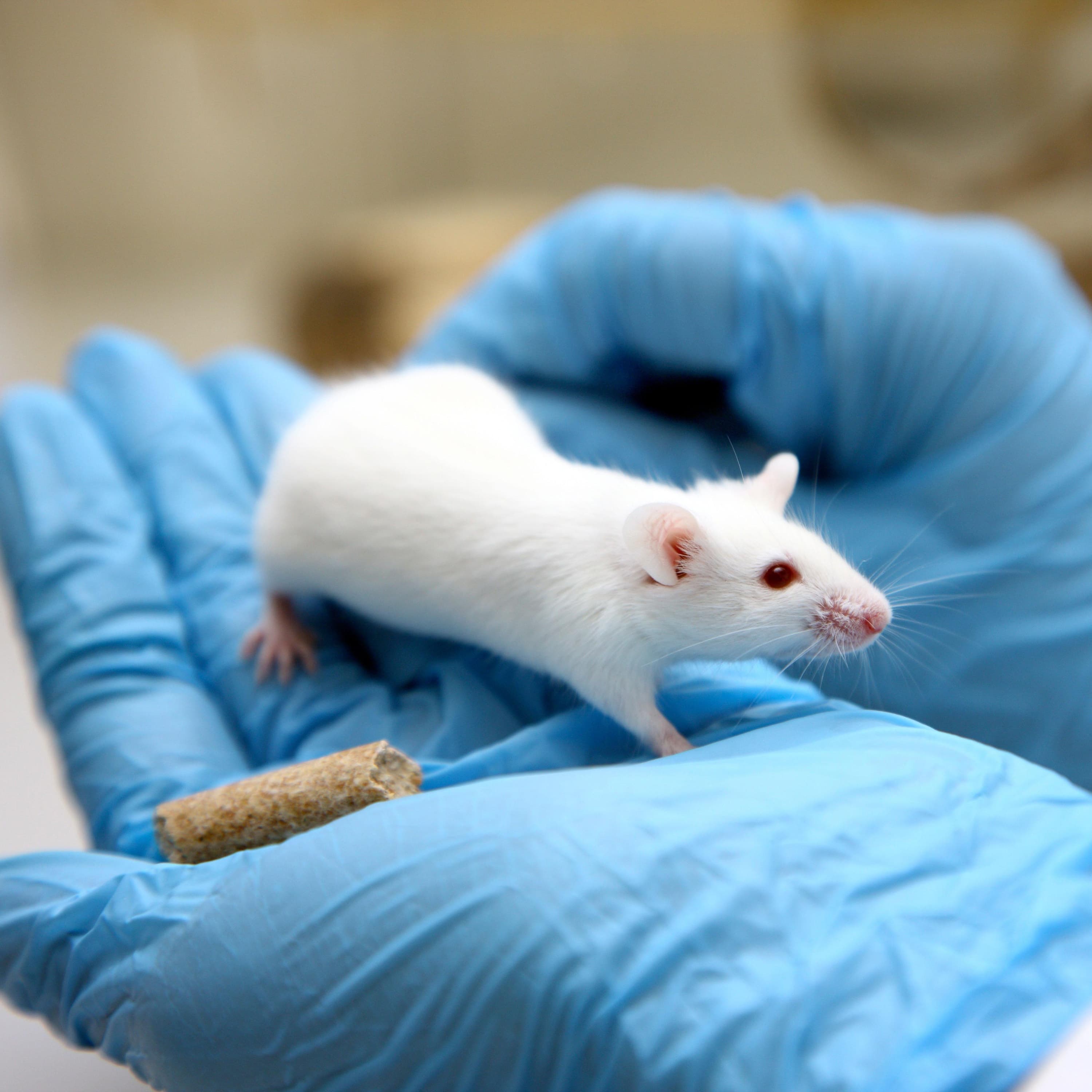
Why do we age in dramatic bursts, and what can we do about it?
Loading player...
Scientists are beginning to understand that ageing is not a simply linear process. Instead, recent research appears to show that we age in three accelerated bursts; at about 40, 60 and 80 years old. To find out what might be going on, Ian Sample hears from professor Michael Snyder, director of the Center for Genomics and Personalised Medicine at Stanford University School of Medicine. Michael explains what the drivers of these bursts of ageing could be, and how they might be counteracted.. Help support our independent journalism at theguardian.com/sciencepod





